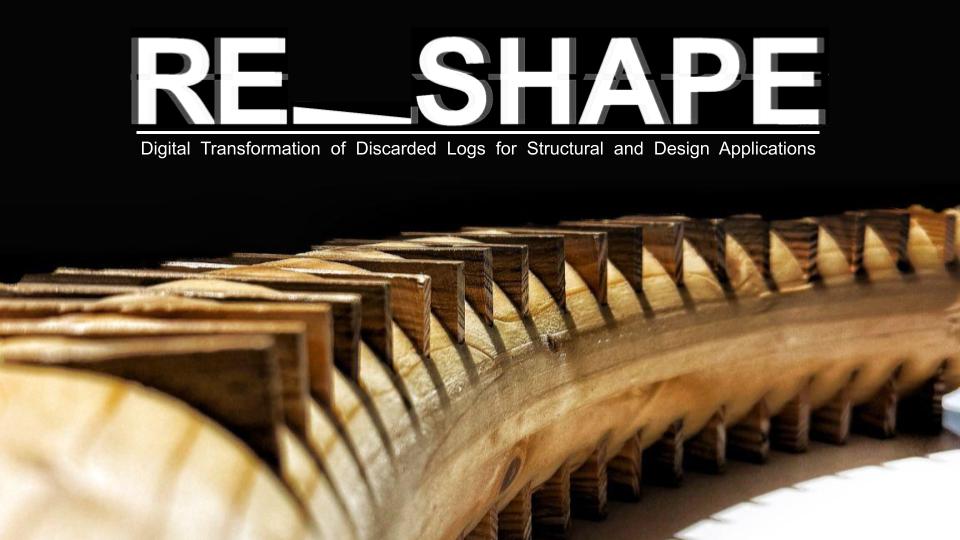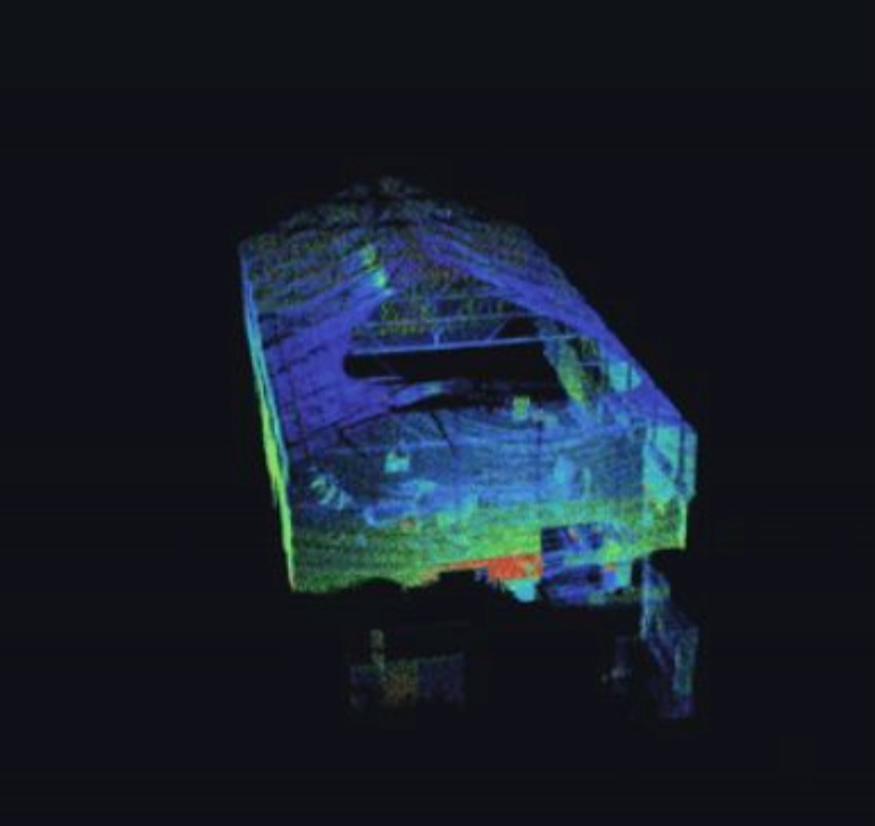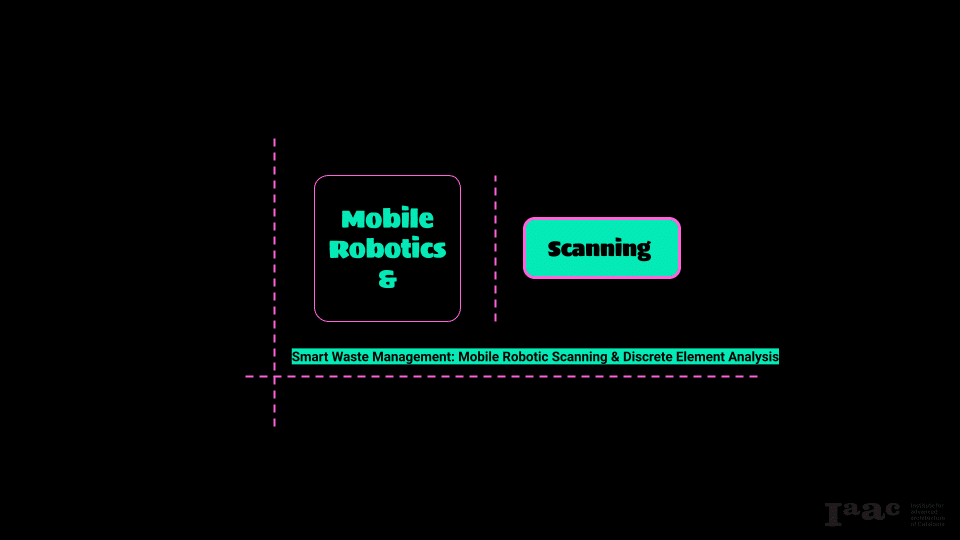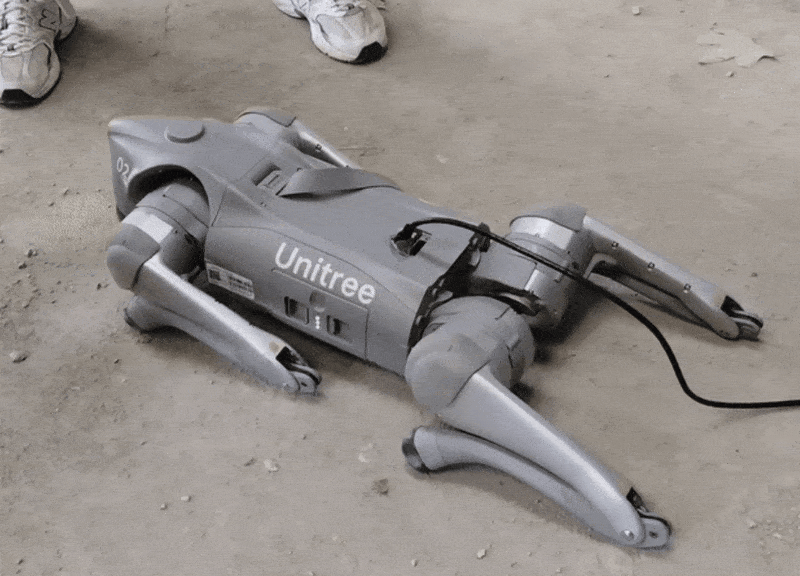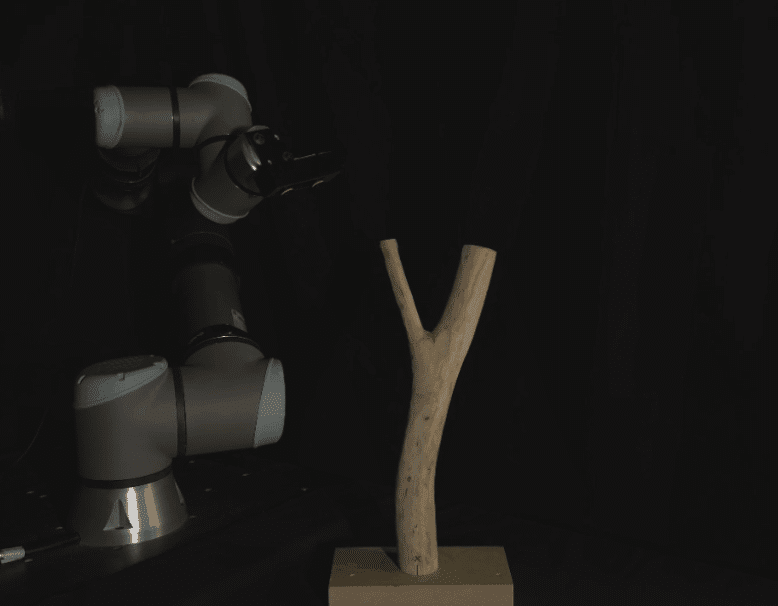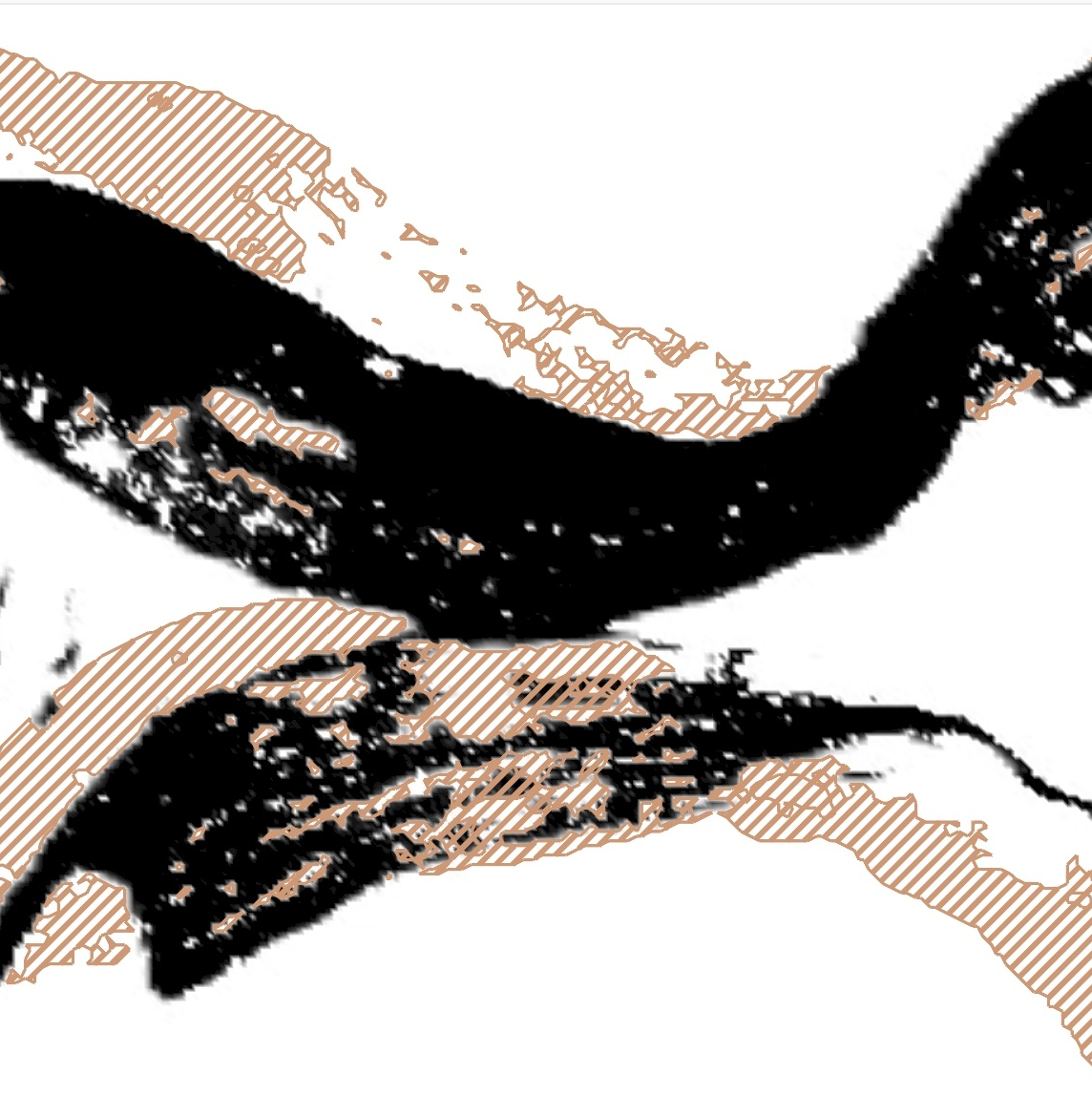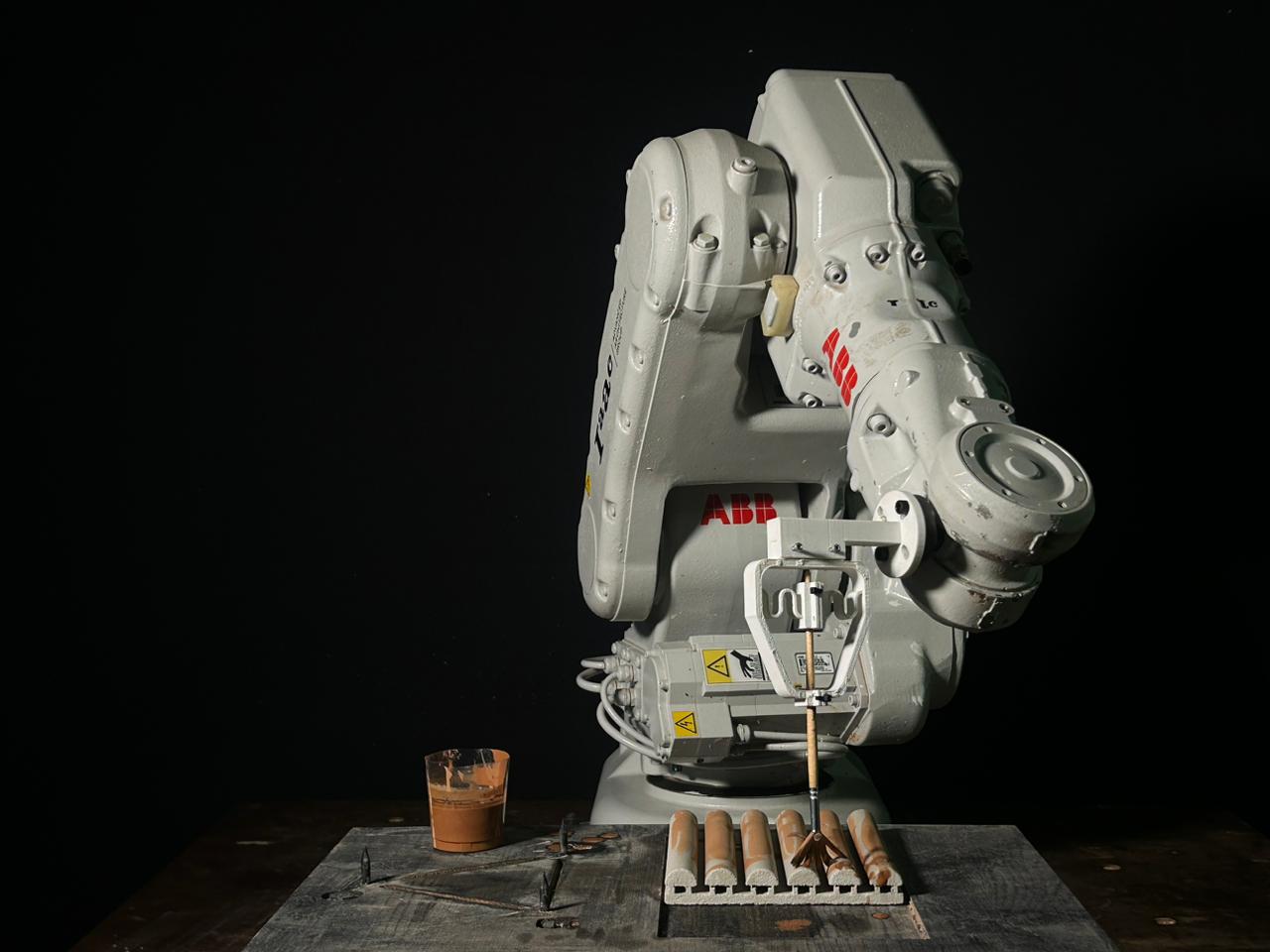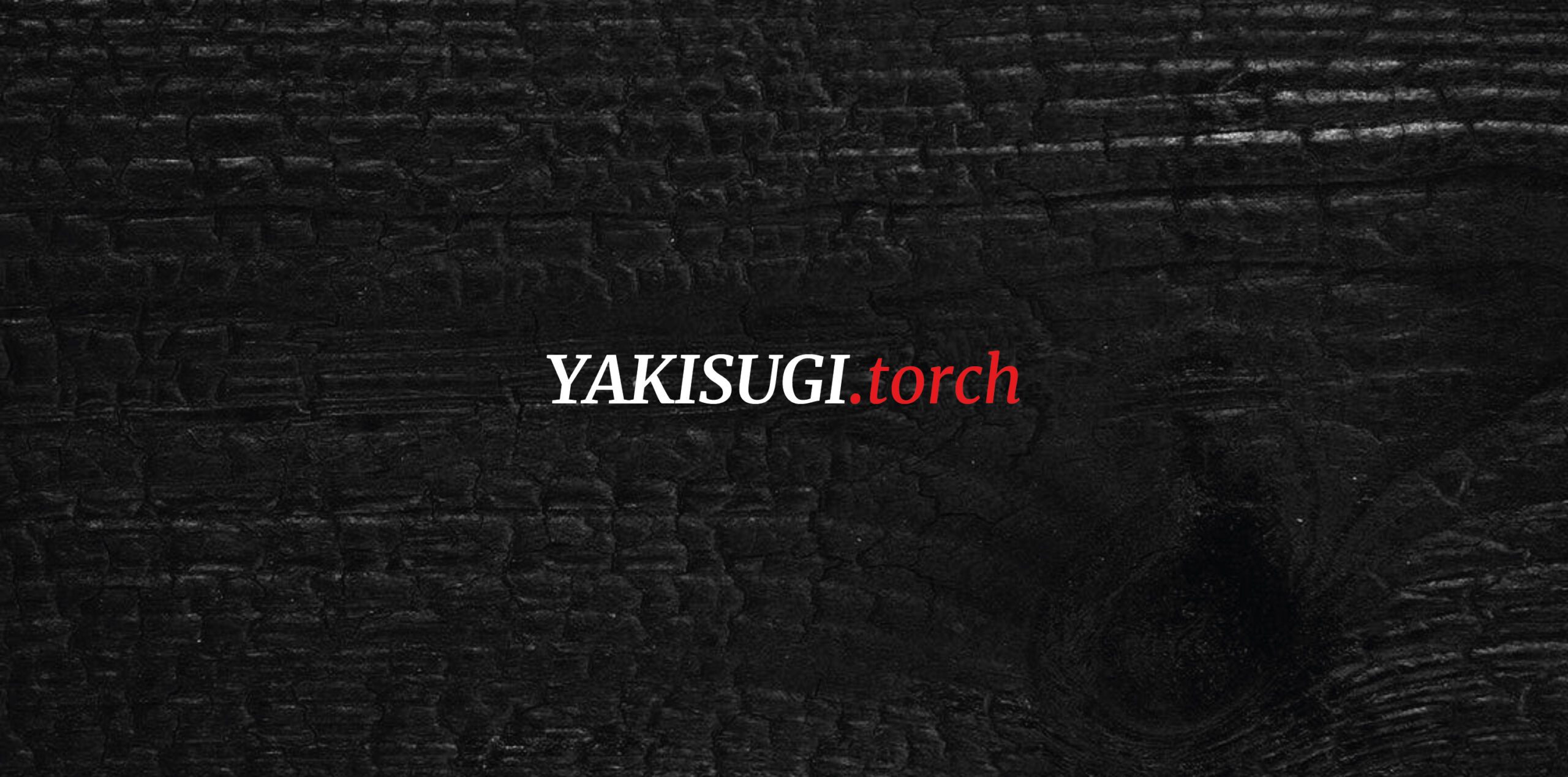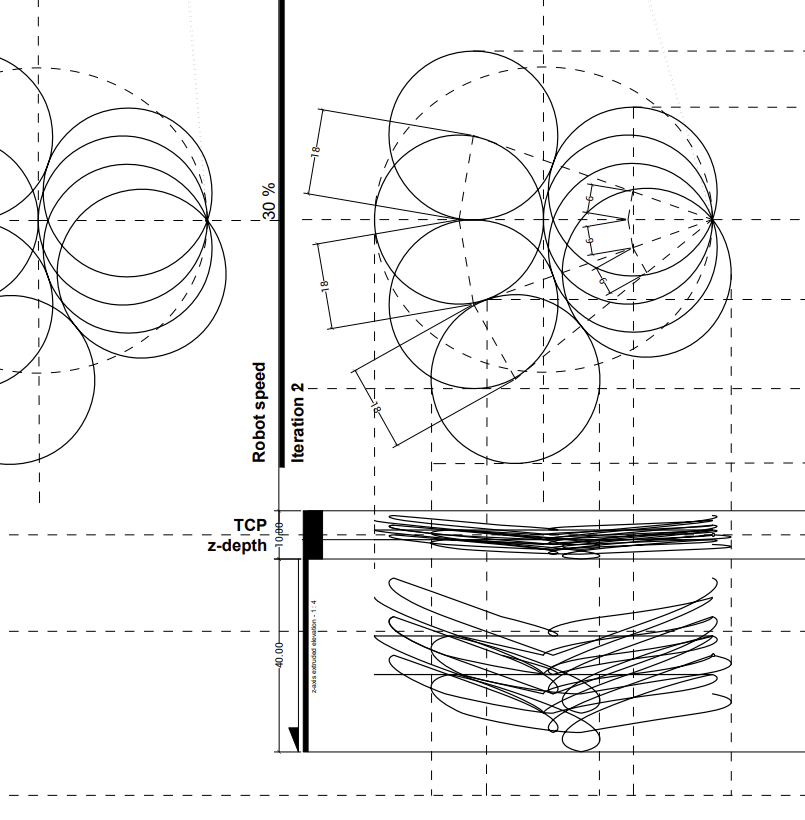RE_SHAPE
Digital Transformation of Discarded Logs for Structural and Design Applications Re_Shape is a design and innovation project that addresses a major blind spot in the forestry industry: the waste of tree trunks that are curved, bifurcated, or otherwise irregular and therefore excluded from traditional processing systems. These logs are typically downgraded into low-value products like … Read more

